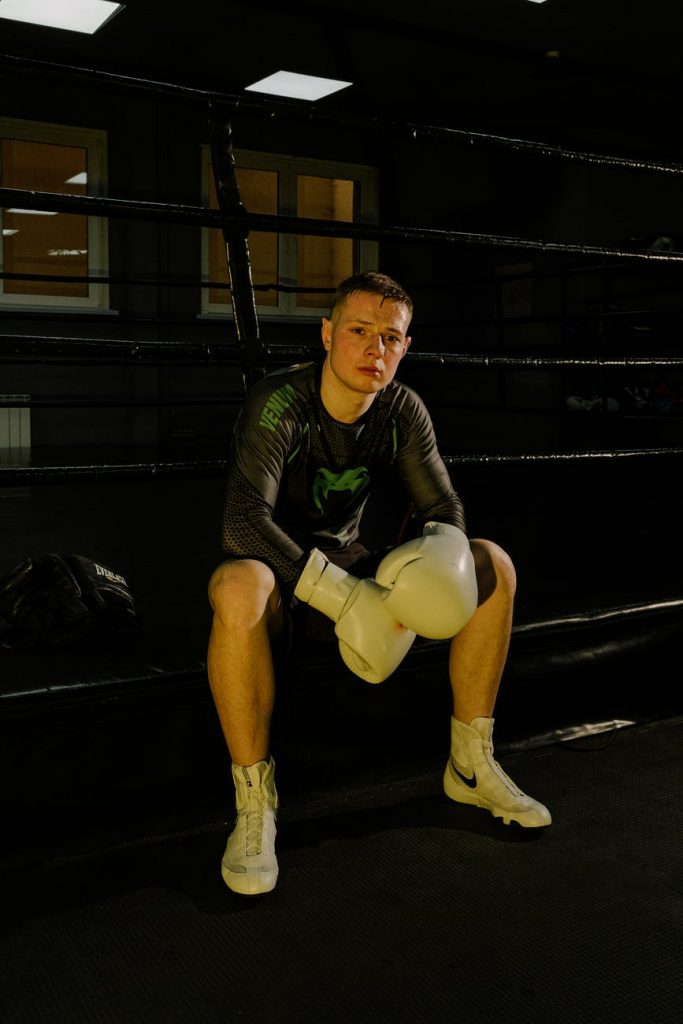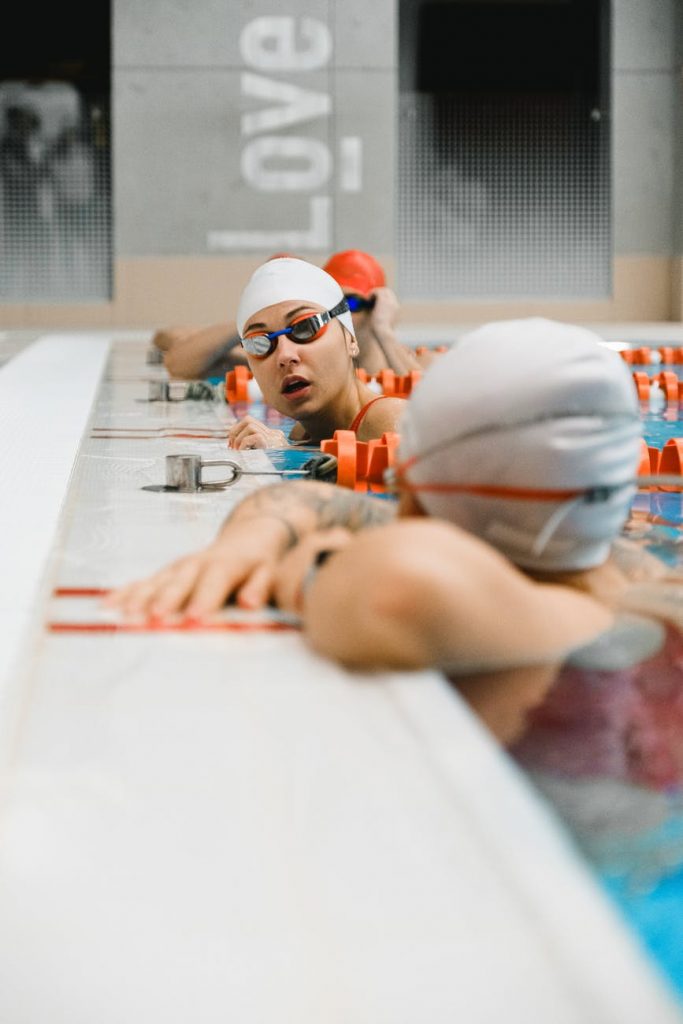This is a free essay sample available for all students. If you are looking for best essays for sale on the topic “Should Transgender Athletes Compete in Sports”, browse our private essay samples.
Introduction
With fairness, inclusion, and diversity being some of today’s most popular buzzwords, the topic of transgender athletes and their competition status is subject to varied opinions.
Should transgender athletes be allowed to compete in athletic events? It is easy to dismiss this question with a simple “Yes,” but going into the deeper science behind it begs us to think about it some more. This is what the author of this sample essay attempts to do.
Get a professional writer to help you with your essay and make that looming deadline. Contact us now for our affordable essay writing services.
Gender Identity and the World of Competitive Sports
One of the big discussions in competitive events, particularly women’s sports, is the question of whether or not a transgender athlete should be allowed to compete in the category of his or her reassigned gender identity.

One of the earlier known cases where a trans athlete was allowed to compete in her new gender was Renee Richards in 1975. Born biologically male, Richards, an emerging tennis player, underwent sex reassignment surgery and began competing in women’s tournaments after a year. This ignited a lot of protests and debates from the media and the general public.
In the Olympics, initial discussions and guidelines on allowing transgender people to compete began in 2003 by the International Olympic Committee. The first set of rules allowed this scenario, but only after having met three conditions. First, the competing athlete must have already had sex reassignment surgery. Second, he or she must possess a document showing that he or she legally recognizes his or her new gender. Third, he or she must have voluntarily undergone hormone therapy before participation, preferably at least two years.
The first out transgender woman who was allowed to participate in the Olympics was Laurel Hubbard in 2020, who joined the women’s weightlifting category. The following year, the first non-binary athlete, Quinn, competed on the women’s soccer team.
Studies on Transgender Women
I think that the larger issue in this discussion is a transgender female competing in the women’s category. Understandably, there is concern about and doubt on whether or not the principle of fairness can be applied when it has not been definitively proven that they don’t have any lingering biological advantages over female athletes.
In 2017, a systematic review of literature was conducted on transgender sport participation, which concluded that there is a general lack of information or evidence on the athletic advantages transgender women may potentially have over competitors. There was also a document drafted by the transgender working group of World Rugby in 2020, which stated that cisgender women rugby players face a much greater chance of injury when tackled by a player who underwent male puberty.
However, for both of these documents, no definitive conclusion was drawn as there was simply not enough information and scientific data to go around.
Competitive runner, transgender woman, and scientist Joanna Harper, presented the many nuances of this discussion. She mentioned that having gone through the experience herself, a decrease in muscle mass can be clearly felt following the use of estrogen supplements and testosterone blockers. This leads then to a lower speed, endurance, and strength. Given this, she pointed out that it wasn’t a straightforward case of male and female biology. All athletes, male or female, possess a unique set of strengths and weaknesses. Combined with the specific requirements of the sport they play, these create unique levels of competitiveness for each athlete.
My Personal Take on the Issue
It is hard to take a definitive stand on this issue as there is no proven body of scientific evidence for it or against it, and there are so many complexities involving testosterone levels, physiological differences, and gender equality. It is hard to tell with finality whether transgender female athletes, in particular, truly have a competitive advantage over other women.

However, I would tend to agree with Harper’s insight, which stems from her own experience and what she knows as scientific facts. I think that every sportsperson, trans or otherwise, has a set of skills and physiological features that is uniquely theirs and will also uniquely impact their athletic performance. These are to be factored in even when a person undergoes hormone therapy or gender reassignment surgery. These personal features are bound to affect the overall change in performance and will merge with the effects of the surgery to create a completely different competitor. No one can say for certain how each individual case will affect athletic performance.
For transgender girls, it must also be said that the decrease in muscle mass following surgery and therapy will generally decrease their optimal biological speed, strength, and endurance. If they were in the 20th percentile of male competitors prior to undergoing the procedures, then they will likely be in the 20th percentile of female athletes after.
I honestly don’t see any problem with this as they retain the level of their performance relative to the gender category they now fall under. It doesn’t necessarily mean that they will always lord over the competition, it also doesn’t mean they will always lose. It just means that they will simply apply the same techniques and strategies from before, just at a different optimal level of performance. So I believe there isn’t really any unfair advantage to complain about.
I think the best part about advocating the participation of trans athletes in competitive sports is that it promotes gender equality and inclusion. If we truly mean what we say about how everyone should have an equal opportunity to pursue their dreams, then all the more we should be supportive of these athletes.
I think that until such time that more evidence and data come to light, we should allow them to compete. I believe that the Olympics guidelines are a good benchmark to follow. A good middle ground is requiring these athletes to participate two years after their gender reassignment surgery so that all the necessary major biological adjustments would have already transpired. It will provide some peace of mind for fans of the sport that some time has already passed since the conversion. For now, I believe that this is the best safeguard against unfairness.
In the future, when more data emerges, this council can then reconvene to discuss any necessary adjustments that may need to be made from the previous resolution. They can also review the performances of all trans athletes and compare it against the new data to see how well they align with each other. At the end of the day, we want to see this committee making data-driven decisions as opposed to emotional ones. This would entail much collaboration from scientists and sportspeople.
Conclusion
As a society, I think that we must be willing to return to the table and reopen a discussion on this, among other related topics. We are in a day and age when we are finally celebrating the beauty of diversity, and how accepting people and honoring their uniqueness can draw out strengths and gifts that we can collectively benefit from.
It would be good to have a series of roundtable discussions with all the stakeholders represented: trans athletes, scientists, regulatory bodies, male and female athletes, and more. All of them have their own perspectives to bring to the discussion, and they could hash it out and come up with a reasonable set of guidelines that would honor the game, the athletes, and the integrity of the specific sport.
I would encourage all of them to persevere despite possible tensions in the discussion because I think finding a more permanent, fact-based resolution for this is important. I feel that it is the key to moving competitive sports forward into a brighter and bolder future.
The time has come for all of us to come together and talk about how we can help set each other up for success. This does not just apply to competitive sports and trans people. It is the message for all of us today. This aspect is a prime example of how urgently we need to respond to the changing times in order to honor how our society is also ever-evolving for the better. Full cooperation and an open mind are needed if we are to make any solid progress. The best time to start is today because we want better years to come.